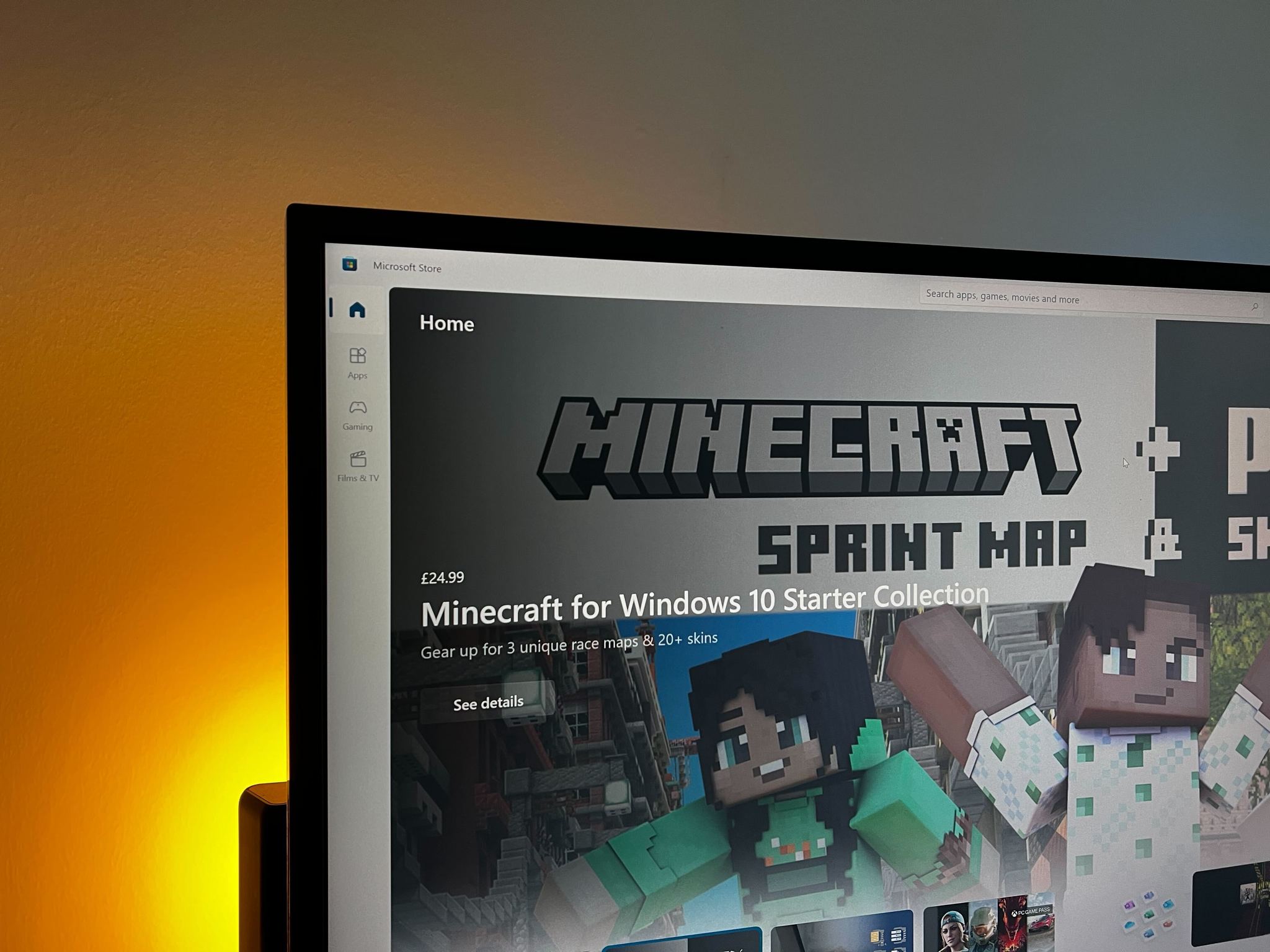Microsoft pressures Apple with new Open App Store principles, but some don't apply to Xbox

iMore offers spot-on advice and guidance from our team of experts, with decades of Apple device experience to lean on. Learn more with iMore!
You are now subscribed
Your newsletter sign-up was successful
What you need to know
- Microsoft has announced a new set of Open App Store principles, putting pressure on Apple.
- It is trying to get ahead of regulatory measures in the wake of its Activision Blizzard acquisition.
- Strangely, the measures do not apply to its Xbox platform.
Microsoft has this week announced a series of new Open App Store Principles to get ahead of regulatory measures as it seeks approval for its acquisition of Activision Blizzard.
The company stated:
Today we're announcing a new set of Open App Store Principles that will apply to the Microsoft Store on Windows and to the next-generation marketplaces we will build for games. We have developed these principles in part to address Microsoft's growing role and responsibility as we start the process of seeking regulatory approval in capitals around the world for our acquisition of Activision Blizzard. This regulatory process begins while many governments are also moving forward with new laws to promote competition in app markets and beyond. We want regulators and the public to know that as a company, Microsoft is committed to adapting to these new laws, and with these principles, we're moving to do so.
Microsoft says emerging legislation poses risks and benefits and that the new measures hope to provide the best possible experience for creators and customers, specifically citing developing app store legislation in places like the U.S., EU, South Korea, and the Netherlands.
Its four principles are Quality, Safety, Security & Privacy, Accountability, Fairness and Transparency, and Developer Choice. The move will definitely put pressure on Apple because of certain provisions pertaining to matters that the Cupertino company has received public criticism over, namely:
- We will treat apps equally in our app store without unreasonable preferencing or ranking of our apps or our business partners' apps over others.
- We will be transparent about rules for promotion and marketing in our app store and apply these consistently and objectively.
- We will not require developers in our app store to use our payment system to process in-app payments.
- We will not require developers in our app store to provide more favorable terms in our app store than in other app stores.
- We will not disadvantage developers if they choose to use a payment processing system other than ours or if they offer different terms and conditions in other app stores.
- We will not prevent developers from communicating directly with their customers through their apps for legitimate business purposes, such as pricing terms and product or service offerings.
Other key notes include a commitment to continue to allow sideloading on Windows.
Strangely, however, Microsoft is clear that these rules do not apply "wholesale" to its Xbox platform. Specifically, the matters regarding in-app payments, alternative app store, alternative payments, and direct customer communications (provisions 8-11 in the announcement) will not be applied.
This is an extremely interesting ommission given that in one key antitrust arena, the Epic Games vs Apple trial, Judge Yvonne Gonzalez Rogers stated in her ruling against Epic that the court had "never been satisfied" that its aftermarket theory regarding Apple's App Store "would not also apply to other platform holders with similar walled garden models in the wider gaming market, including Nintendo, Microsoft, and Sony. She further stated that factors applied to Apple's iOS ecosystem and devices like the iPhone 13 also apply to the three console makers and their respective digital stores and that there was no basis in current antitrust law to distinguish between iOS devices and consoles as general versus special-purpose devices.
iMore offers spot-on advice and guidance from our team of experts, with decades of Apple device experience to lean on. Learn more with iMore!
Microsoft says it hopes to bridge the gap in this approach over time and concludes:
We're committed to closing the gap on the remaining principles over time. In doing so, we will incorporate the spirit of new laws even beyond their scope, while moving forward in a way that protects the needs of game developers, gamers, and competitive and healthy game-console ecosystems.Ultimately, we believe that this principled approach will promote a more open app market and better serve our users and creators alike. And, in turn, they will help us build a bigger and better gaming business.

Stephen Warwick has written about Apple for five years at iMore and previously elsewhere. He covers all of iMore's latest breaking news regarding all of Apple's products and services, both hardware and software. Stephen has interviewed industry experts in a range of fields including finance, litigation, security, and more. He also specializes in curating and reviewing audio hardware and has experience beyond journalism in sound engineering, production, and design.
Before becoming a writer Stephen studied Ancient History at University and also worked at Apple for more than two years. Stephen is also a host on the iMore show, a weekly podcast recorded live that discusses the latest in breaking Apple news, as well as featuring fun trivia about all things Apple. Follow him on Twitter @stephenwarwick9
